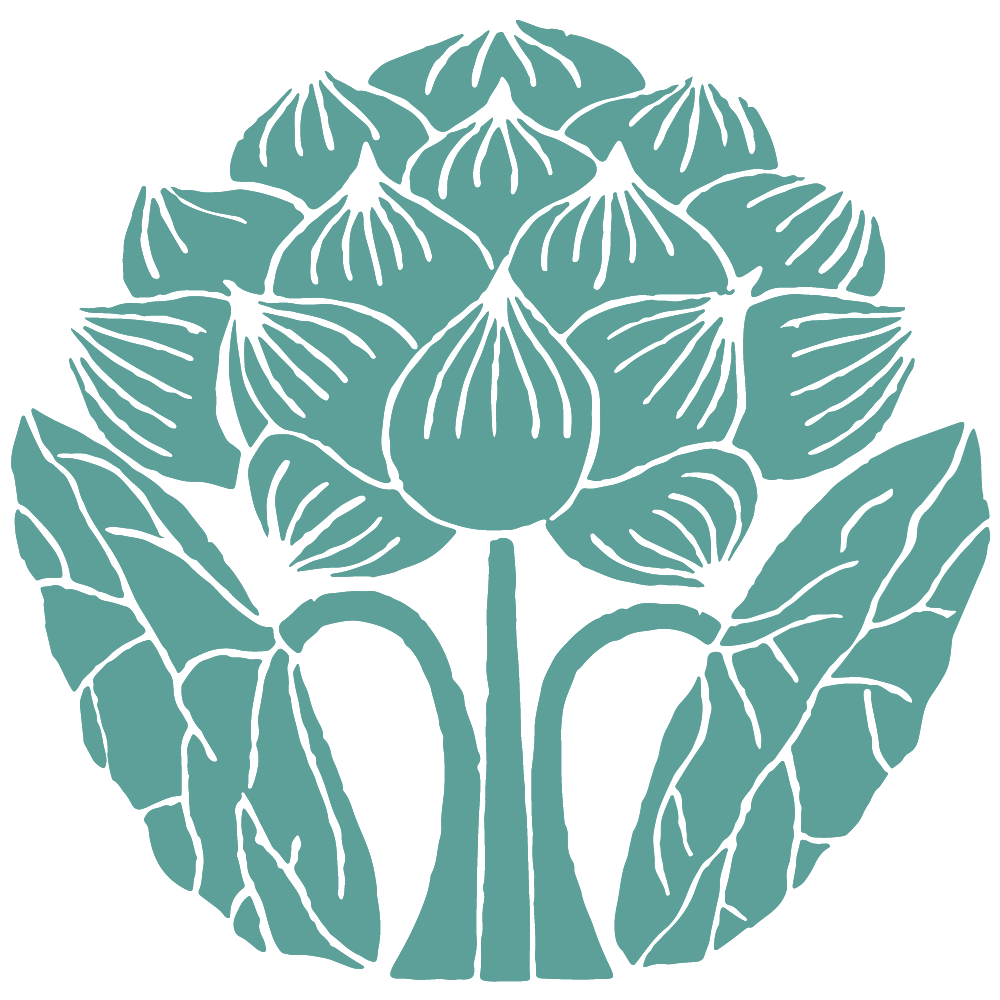You don’t hear the word “diathesis” much these days. Diathesis in homeopathy remains important however. Derived from the Greek word ‘diatithenai’, meaning ‘disposition’ or ‘condition’, it is used to describe an innate tendency to become ill in a certain way. The dictionary defines it as, “A hereditary predisposition of the body to a disease, a group of diseases, an allergy, or another disorder.”
All sorts of diathesis are found in medical literature: scrofulous diathesis (glandular swelling), strumous diathesis (thyroid swelling), uric acid diathesis, tubercular diathesis, rheumatic diathesis, hemorrhagic diathesis, sthenic diathesis (excessive inflammation or reaction), scorbutic diathesis (scurvy), lithic acid diathesis (kidney stones) … to name just a few.
Another similar term, especially favored by homeopaths, is ‘constitution’. And it would be reasonable to ask what is the difference is between the two. Generally, they can be thought of almost as parallel to each other: the ‘constitution’ referring to a characteristic way of being in the world and the diathesis a characteristic way of becoming ill.
